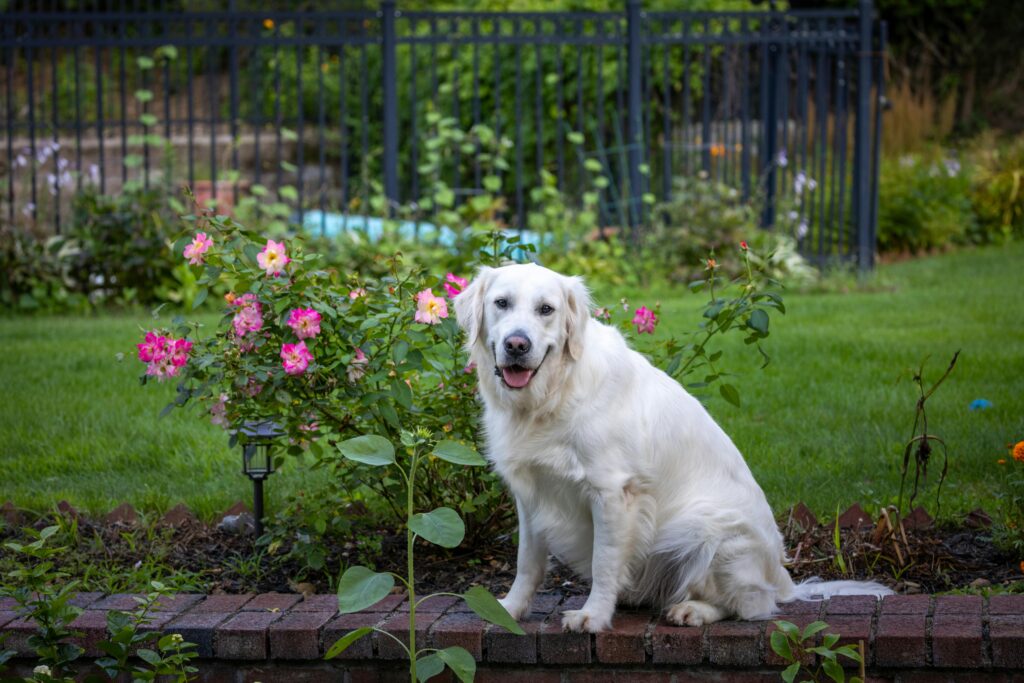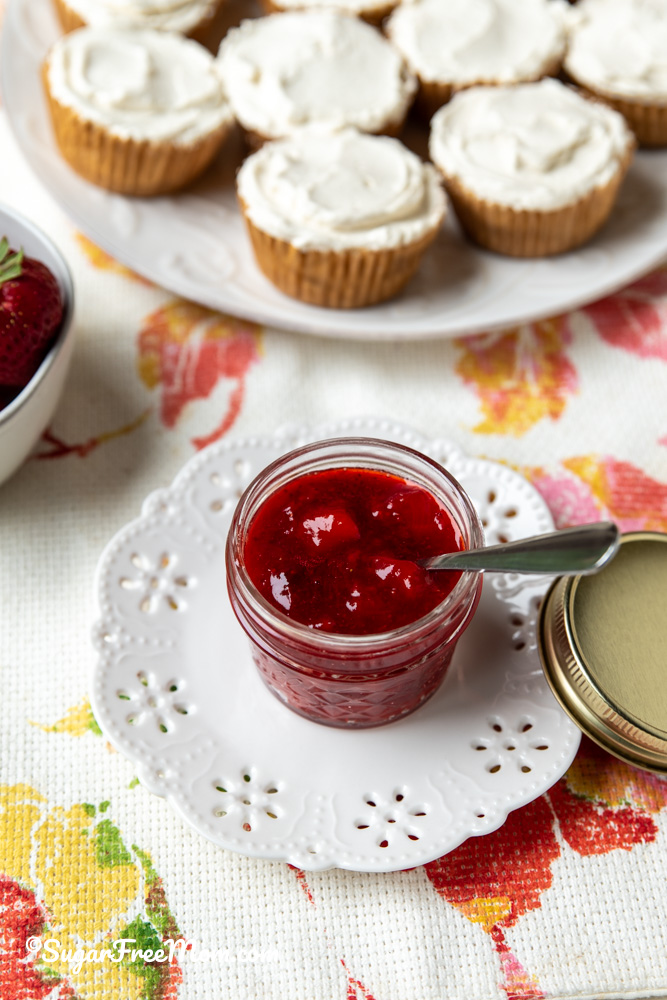Maintaining a lush garden can be a rewarding experience, but concerns arise when harmful chemicals pose a danger to your furry friends. Many conventional herbicides contain harmful chemicals that can be toxic to pets, but by switching to pet-safe herbicides, you can ensure that your gardening efforts are safe and toxin-free for pets. Guaranteed to contribute to the environment.
It’s not that complicated. It is entirely possible to have a weed-free garden that is safe for pets. By choosing the right weed control method, you can create a beautiful outdoor space where your furry friend can roam freely without worry.
Consider a variety of natural and organic options to keep weeds at bay without compromising your pet’s health.
Understand herbicides and pet safety
Chemical herbicides often contain ingredients that can be dangerous to pets and can cause problems from dermatitis to more serious health risks if ingested. However, natural herbicides use ingredients that are safe for pets and the environment. By understanding these differences and paying close attention to the ingredients in your herbicide, you can also choose to make your own herbicide. – Gardeners can make informed decisions to protect their pets and the natural world.
Choosing a herbicide that is safe for pets
When choosing a pet-friendly herbicide, it’s important to check for non-toxic ingredients. The ideal ingredients are:
Vinegar (acetic acid): Vinegar is a highly effective natural herbicide due to its acetic acid content, which dries out weeds by drawing out moisture on contact. For use in the garden, a higher concentration than kitchen vinegar (usually around 20% acetic acid) is recommended for best results.
Vinegar works best on young annual weeds, but perennial weeds require repeated applications. It does not differentiate between weeds and desirable vegetation, so it is important to apply it directly to the weeds, taking care to avoid contact with the plants.
Citrus oils: Citrus oils, obtained from the peels of oranges and other citrus fruits, contain d-limonene, which is a powerful weed suppressant due to its acidic nature. It works by breaking down the waxy coating on weed leaves, causing them to dry out and die.
Citrus oil is particularly effective against young weeds and is safe to use around pets, making it an excellent choice for gardeners looking for an effective herbicide that is safe for pets.
Corn Gluten Meal: This is a natural pre-emergent herbicide that prevents weed seeds from germinating. Although it will not kill existing weeds, it can significantly reduce new weed growth if applied in early spring and again in late summer.
Salt: Salt is effective at killing weeds, but it can significantly increase soil salinity, which can negatively affect future plant growth, so it should not be used in areas where you do not plan to grow other plants. should be used only and sparingly.
Natural soap: Adding a small amount of natural soap to a vinegar or citrus oil solution will help the mixture adhere to the leaves and increase its weed-killing effect. To keep your pet safe, make sure your soap is biodegradable and doesn’t contain degreasers or synthetic chemicals.
DIY natural herbicide recipes
For those who prefer homemade solutions, creating herbicides from common household items is economical and safe. Mixing 1 gallon of white vinegar with 1 cup of salt and 1 tablespoon of liquid dish soap makes an effective weed spray that won’t harm your pets.
Tips on using pet-safe herbicides
Proper application of natural herbicides is the key to their effectiveness.
Application Timing: Apply on dry, sunny days to maximize herbicide absorption. Intended use: Spray directly on weeds to avoid splashing on desired plants or pets.
Effects of chemicals on pet health
Chemical herbicides are widely used because of their effectiveness in removing unwanted vegetation. However, many gardeners are unaware of the potential harm these chemicals can cause to pets. Common active ingredients in these herbicides (such as glyphosate, 2,4-D, and dicamba) can pose serious health risks to animals if ingested, inhaled, or even in contact with animal skin. There is.
Symptoms of exposure
Pets exposed to herbicides can exhibit a variety of symptoms, depending on the type of chemical and the level of exposure. Common symptoms include:
Vomiting and diarrhea Excessive salivation Fatigue or lethargy Loss of appetite Seizures in severe cases Skin rash or burns on contact
If you suspect your pet has been exposed to a herbicide, it is important to seek veterinary care immediately. Prompt intervention can prevent more serious health problems and keep your pet safe.
By switching to natural herbicides, you can significantly reduce these risks and contribute to a safer environment for your pet.
Incorporate pet-safe habits into your overall garden care routine
Incorporate companion plants to naturally prevent weeds. Planting marigolds and garlic around your vegetable garden can deter pests and reduce weed growth without using chemicals. Additionally, the use of mulches such as wood chips and straw can suppress weeds and minimize the need for herbicides.
conclusion
It is very important to employ pet-safe weed control methods to protect your pets and enhance the natural beauty of your garden. By choosing the right products and using safe gardening practices, you can enjoy a safe, vibrant, and healthy outdoor space for the whole family. Planning and managing these practices can be done seamlessly with tools like Garden Savvy’s Hortisketch.
Hortisketch allows you to design and visualize the layout of your garden, ensuring that every plant, path, and plot contributes to a safe and thriving garden. Whether you’re planning an area for companion planting or determining the best places to apply mulch, Hortisketch makes it easy to organize and effectively execute your gardening strategy. Masu.
Take the first step to keep your garden safe for pets and a nightmare for weeds. Plan with precision with Hortisketch and start making healthier choices for your garden today!





